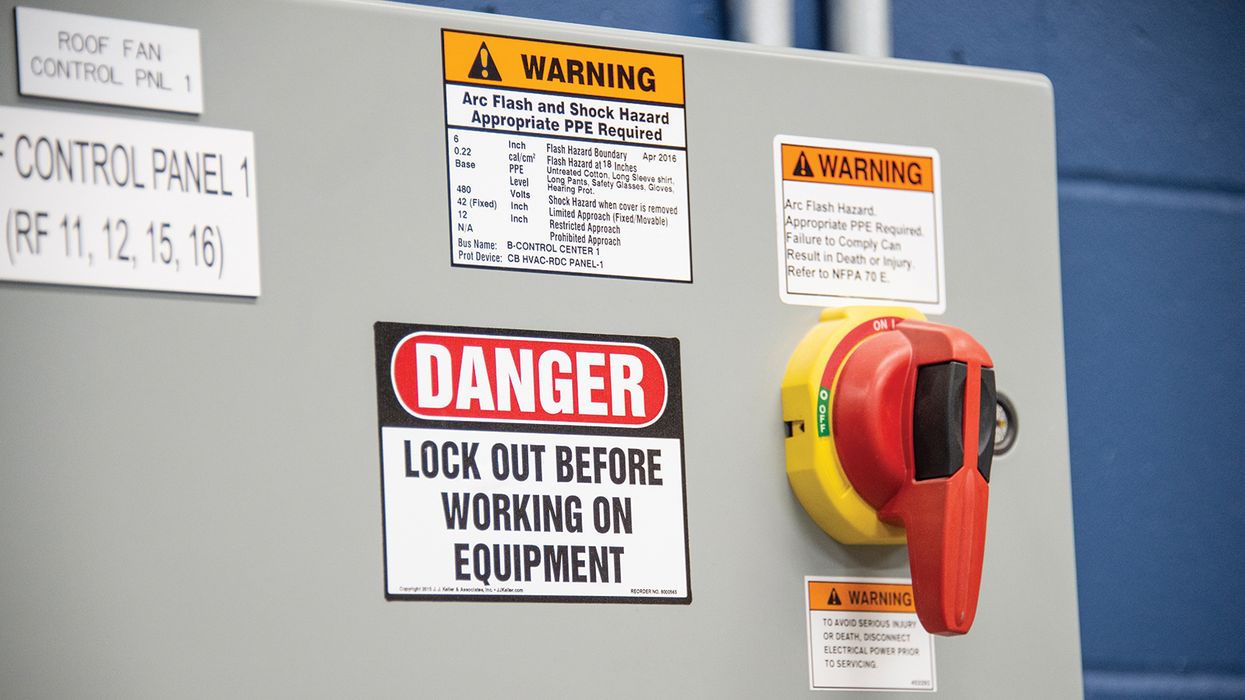Driver training time: On duty or off?
Training time is time spent wisely, but a big question remains: how should it be recorded?
Ongoing driver training is critical for ensuring that commercial motor vehicle drivers operate their vehicles safely and compliantly.
In fact, a recent report from the American Transportation Research Institute found that motor carriers who can access training materials and other resources from industry associations are safer than those who cannot. But is driver training time “on duty” or off?
It depends ...
Several variables will affect the answer:
- If a driver is required to go to a terminal or any other location for mandatory training, then the time must be recorded as “on duty.” That’s true whether the driver is paid or not. This falls under the category of “performing any ... work in the capacity, employ, or service of a motor carrier” under the definition of “on-duty time” in 49 CFR 395.2.
- If a driver has control over when and where the training is done, it’s done at the driver’s leisure, and it is not done during a period of time when the driver would otherwise have to be logging on duty (such as while waiting at a customer’s location), then it can be logged “off duty.”
- If a driver is off duty (such as at home for the weekend) but is given the training as a mandatory assignment and must complete it at a specific date, time, or location, then the training must be considered on-duty time.
| Get more insights about on-duty time in our ez Explanation! |
Nothing official
While federal regulations don’t address the issue directly, and the Federal Motor Carrier Safety Administration (FMCSA) has not issued any official word on it, there is some FMCSA guidance that touches on the issue:
Question: May the time a driver spends attending safety meetings, ceremonies, celebrations, or other company-sponsored safety events be recorded as off-duty time?
Guidance: Yes, if attendance is voluntary.
This guidance indicates that a driver may be performing a company-related activity without needing to record the time as on duty, as long as the driver has a choice to be there or not.
In addition, the following guidance refers to medical exams but could equally apply to training sessions:
Question: If a driver drives in a non-commercial vehicle to take a physical examination, should the duty status be recorded as on-duty not driving, or as off-duty? Would the answer change if the motor carrier directs the driver to go for the examination?
Guidance: So long as the driver schedules and attends the physical examination at a time of his or her own choosing, the time may be recorded as off-duty. If, however, the motor carrier directs the driver to attend at a specific time, the time is to be recorded as on-duty not driving.
Finally, it’s worth noting that if a driver is able to log off duty for a training session as discussed above, paying the driver for that time does not mean it has to be logged on duty:
Question: How does compensation relate to on-duty time?
Guidance: The fact that a driver is paid for a period of time does not always establish that the driver was on duty for the purposes of part 395 during that period of time. A driver may be relieved of duty under certain conditions and still be paid.
Key to remember: Driver training is highly recommended, but motor carriers often question how drivers should log the time. If certain conditions are met, training sessions can be logged off duty.
























































